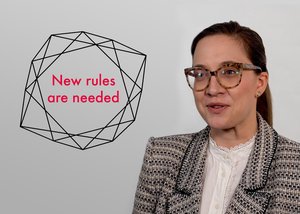Regulators are principally concerned with the content found on social media platforms and how hate speech, harassment, violent extremism, and mis- and disinformation are being moderated and removed. These types of content are having real-world impacts on society, safety and democracy.
To date, much of the work in content moderation has been undertaken by the platform companies. Their Western-centric approaches to community guidelines and terms of service are lacking the nuance of regional context and social and cultural norms. No single set of content rules can apply to the entire planet.
In his essay, Ivar Hartmann looks at the state of content moderation in Latin America and how the domestic courts are better suited to define the rules of online speech in the region.
























